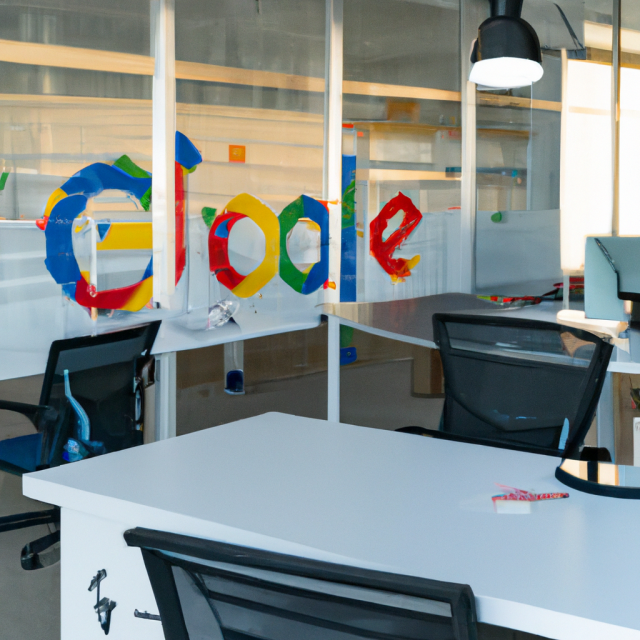Google and Microsoft are battling to make their productivity services as advanced as possible with generative AI technology. Just before Microsoft’s “Future of Work” event, Google unveiled a massive update to Workspace that includes AI models for every element of their product suite, as well as new developer options for Google. Google has created various fundamental structures, such as its 540 billion-parameter PaLM language model for multiple conversations, which can be accessed by developers via an API and newly developed low-code tools.
It is necessary to note that the features will only be available for a small group of people known as Trusted Testers. It is uncertain when they will be released to the public. Also, it is not known yet how much it will cost, however, some of the features will be available to people who have Google One plans. In other words, this is similar to the LaMDA updates that were made a few weeks ago; they sound great but it will take time before anyone can actually use them.
Google intends to incorporate its AI models into every aspect of Workspace, from drafting emails in Gmail, to assisting with content production in Docs, creating equations in Sheets, and collecting notes in Meet, etc. In all likelihood, Microsoft will announce similar advancements in the near future.
Thomas Kurian, CEO of Google Cloud, noted in a press conference before the current announcements that Google Workspace has been a leader in allowing people to collaborate in real time through its products. He went on to explain that the next step is to have human beings work alongside an AI collaborator in real time.
Kurian noted that the firm intends to rapidly launch fresh features “every couple of weeks.” At the moment, trusted testers will be given access to the initial stage, which consists of getting assistance in creating emails in Gmail and docs in Docs. For now, the principal features comprise of getting support with writing and adjusting the tone and style of text. Nevertheless, as Google highlighted, that’s just the beginning (for the Trusted Tester group at least).
Google has stated that AI technology will eventually be incorporated into the entirety of Workspace, such as summarizing emails and providing ideas within Docs documents. Additionally, the company has confirmed that AI will be used to enable workflows for Chat, although the specifics of this have yet to be announced.
Google presented the most remarkable demonstration, combining AI-generated text, images, and music to create a comprehensive presentation. Kurian stated, “Slides is helping you turn your text into insights and images, including those from your own library of content and branding images.” If you have your own company’s images and private repositories, you can use them to create images that will improve the slides that everyone makes and even create soundtracks.
When Kurian was questioned about money matters, he said that the organization intends to make these services widely accessible to large companies, small businesses, customers – and even those who are members of Google One. This is about all that is known for the time being, but the reference to Google One is an intriguing one, since Google has been gradually including more functions with its subscription service, which mainly provides added cloud storage space, including its VPN service.
Google has been very open about their attempts to incorporate generative AI into their products, but unfortunately, many of the new features announced today appear to be available to only a few. Although features like Smart Compose and Smart Reply are quite helpful and widely used, Google appears to be hesitant to release their latest AI technology to the public.
This plan appears to be sensible. Google Workspace offers the greatest platform for the firm to make its many AI tools accessible to consumers and Gmail and Docs are the most convenient selections, so it is reasonable for Google to kick off there. Also, this is where large text models are most efficient, while Google sidesteps the problems that Bing and ChatGPT experience with their chatbots going beyond what is expected (even though Microsoft appears to have this under control at the moment) and without any danger to its search business.












